He eats biryani with his hands, references Bollywood, is an unapologetic Muslim and a progressive. He has also done something politically risky for a mainstream candidate: been vocal for Palestine. Zohran Mamdani proudly embodies what I have often felt alienated in: my own positioning as a Muslim progressive – one that has been treated as an oxymoron at best, or suspect at worst.
From Australia, watching him feels like having my own personality projected large. I feel both an elation at his reception and win as Democratic candidate for mayor of New York as well as exhaustion at the double bind and suspicion brown Muslims inevitably experience in the public sphere. It’s echoed here in Australia with the treatment of the first hijab‑wearing senator Fatima Payman and deputy Greens leader Mehreen Faruqi.
The outright dog-whistling is expected, but as Tressie McMillan Cottom in The New York Times points out, it is the elite liberal panic which is most interesting, with critics scrambling to find a dent in Mamdani’s affable armour by zooming in on everything from code-switching accents to college applications.
Mamdani should be a darling of the left and liberal press. But what the veiled racism echoes, in a more subtle way, is the same anxiety I feel writ large and explicit in the rise of Trumpism and its echoes in Australia. Demographic changes are irrevocably transforming power in western democracies. As we, the sons and daughters of migrants from formerly colonised nations, seek power in media and politics and transform the societies we have grown up in, we are still seen as threatening, and not just to the far right.
Sign up for a weekly email featuring our best reads
We are seen as having “broken the rules of multiculturalism” for disagreeing, and too often the very people championing diversity, equity and inclusion (DEI) feel more comfortable offering a (conditional) hand than power sharing and equality.
This idea of being too Muslim for progressives or too progressive for Muslim communities and somehow an impostor in both those worlds, which bar entry because of what they perceive as parts of you that are incompatible, is an experience I’ve often felt. But Mamdani’s ability to sit proudly in that, a respect for his heritage, a confidence in his self, and a vision for the future, is a real decolonial practice. Because so many of us are also sitting in the overlap of political Venn diagrams and showing others it is possible too.
We are the natural evolution of the third culture kid identity, and a product of a pluralistic, multicultural west. At home with pop culture and the internet, online and intercultural dating. We are comfortable with difference and tradition, loving our Naanis, and often existing in the pointy, working-class ends of society, where surveillance and systemic violence as well as lack of access to affordable housing, education, safety and justice have forced a political savvy and urgency to mobilise and challenge systems that impact us the most.
For a long time, the price of entry to these worlds of power was to capitulate to the model of the grateful migrant. The insanity of our current times has perhaps created an opportunity, an appetite, for the kind of boldness, cultural confidence and agility Mamdani embodies. As the fear-mongering and Islamophobia reach saturation point and doesn’t seem to work, especially in the age of social media, a new appetite emerges – for unapologetic voices who refuse to be silenced.
Just like Mamdani, who visited a Shia mosque in the Muslim holy month of Muharram and represented for Pride, stepping out of the pigeonholes and private spaces I’m allowed to exist in has made me feel more confident and mentally healthy and helped me find the right people in my life. It’s not for me to explain myself, but to exist fully and allow society to absorb and become something new with that.
after newsletter promotion
In a city like New York, which prides itself at least symbolically on venerating the immigrant, the rebel and the outsider, Mamdani has a natural home. I hope in my own way I can try to do this too in Sydney more consciously. I belong to the beach and also to Eid, in swimmers and shalwar kameez. I’m a feminist who prays, and happy to wave both Pride flag and Palestinian keffiyeh.
I want this confidence to translate into corporate, arts and media environments, where having this multiplicity is not seen as incongruous but increasingly reflective of the world we live in.
This kind of confidence in forcing change in the face of our current catastrophes, both political and ecological, by refusing to budge and by being intentionally and fully our uncensored selves feels like the start of an answer. We’re here. Get used to it.

 German (DE)
German (DE)  English (US)
English (US)  Spanish (ES)
Spanish (ES)  French (FR)
French (FR)  Hindi (IN)
Hindi (IN)  Italian (IT)
Italian (IT)  Russian (RU)
Russian (RU)  3 hours ago
3 hours ago

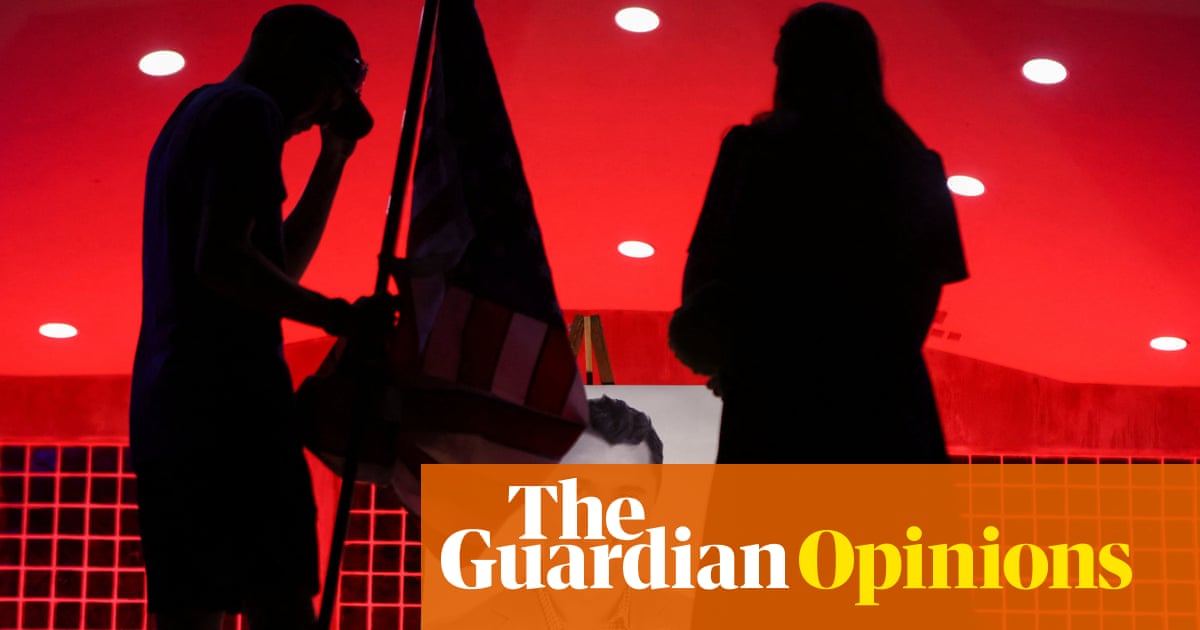




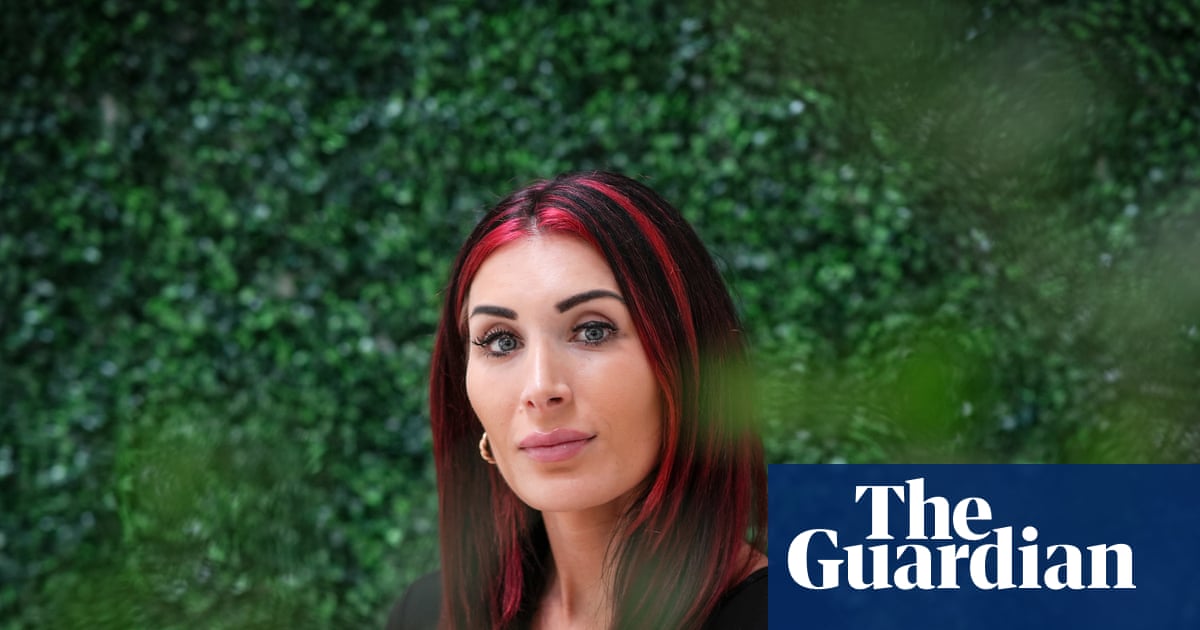





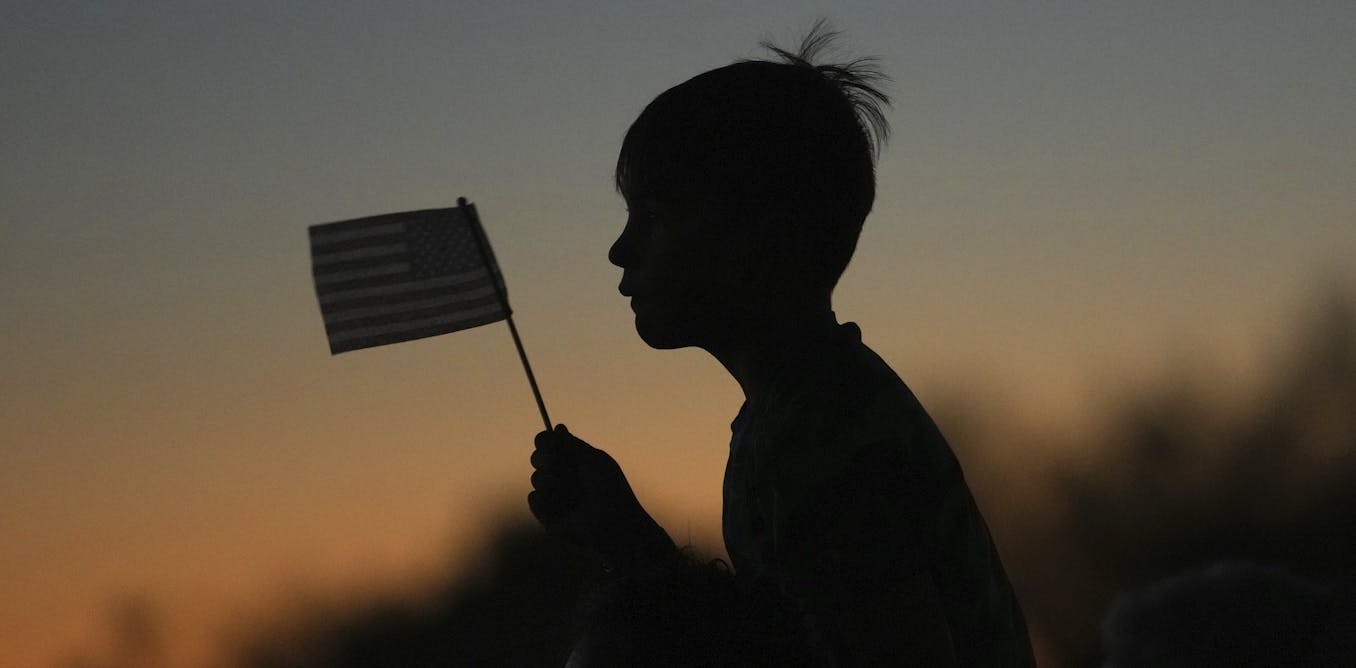




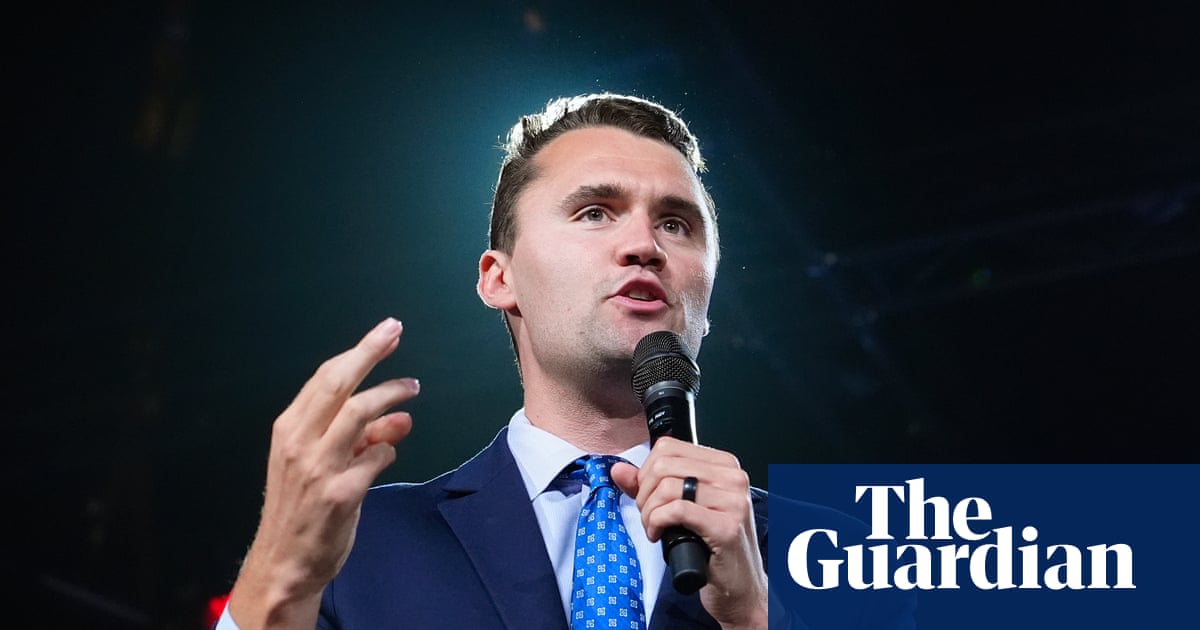





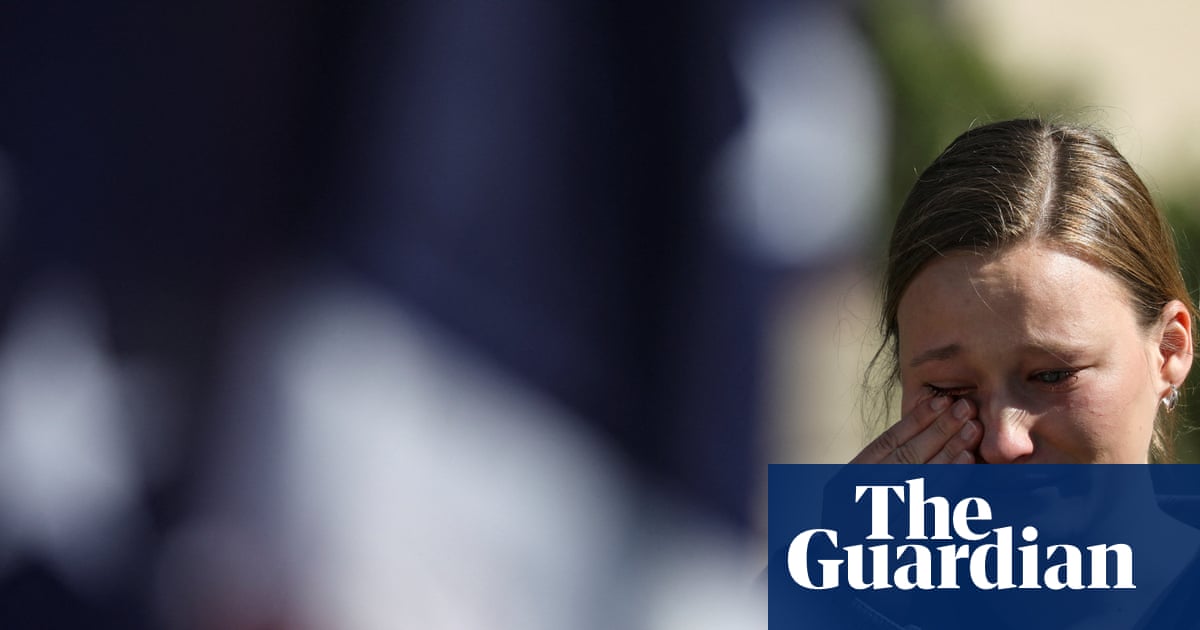
Comments